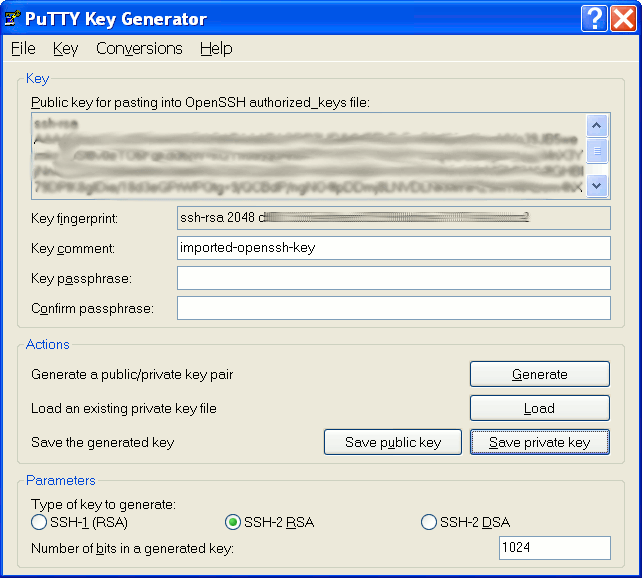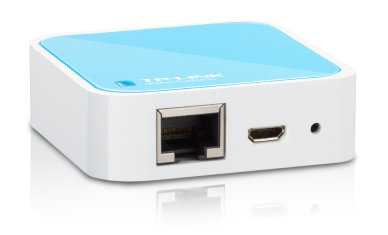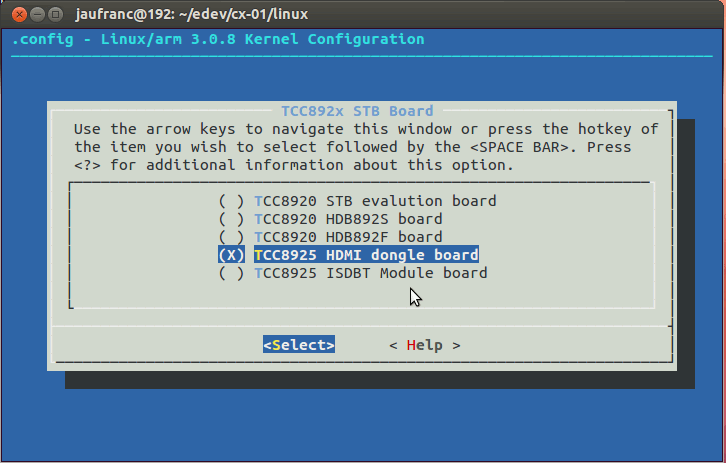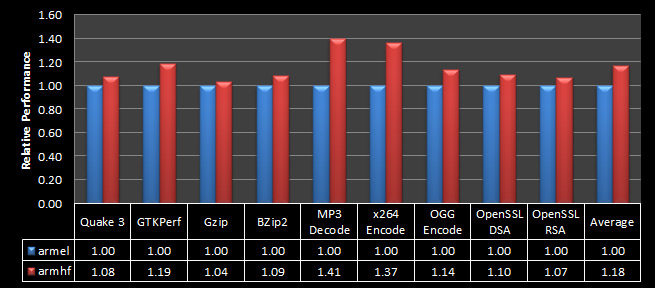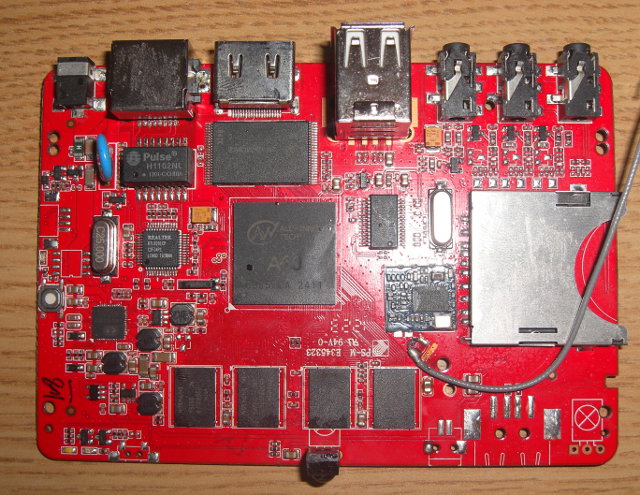Kent of SCUZ Technologies has graciously provided a build machine (Intel Xeon E5645) for Rhombus Tech (and possibly other) open source projects, and I’ve setup nightly build scripts for AllWinner A10 kernel, bootloader (u-boot) and hardware packs for Mele A1000 (HDMI), Mele A1000 (VGA), A10 mini PCs (using MK802 script.bin) as well as a server build for Mele A1000. The nightlies are built using a10-hwpack-bld.sh script which is available in github, and can be downloaded from http://dl.linux-sunxi.org/nightly/ The resulting files are copied to a dropbox folder, until a better solution is found. For each build, you’ll find the following files : u-boot.bin – U-boot sun4i-spl.bin – U-boot SPL uImage – Kernel image product_YYYY.MM.DD.log (e.g. mele-a1000_2012.07.20.log) – The build logs whether the build succeeds of fails. One per hardware pack. product_hwpack_YYY.MM.DD.log ( e.g. mele-a1000_hwpack_2012.07.20.7z) – The hardware pack with the kernel, u-boot which can be used with a1x-media-create.sh script to create […]
How To Use Putty with an SSH Private Key Generated by OpenSSH
I have access to a remote server where I am only allowed to login via SSH with a key, and I can’t add an extra key by myself, as described in “No Password SSH” post. The private key (RSA) has been generated with ssh-keygen in Linux, and I can login from Linux without issue. This morning, I wanted to do the same with Putty in Windows XP, so I just copied the private key to Windows and loaded it in Putty, but it failed:
|
1 |
Unable to use key file "F:\Downloads\cnxsoft\a1000\id_rsa" (OpenSSH SSH-2 private key) |
After a few minutes of research, I found my answer on UbuntuForums, and the reason it fails is because Putty does not support openssh keys, but uses its own format. Here’s what I had to do: Convert OpenSSH private key to Putty private key with Putty Key Generator (puttygen) Start puttygen, and click on Conversions->Import key, then click Browse and select the private key generated with […]
TP-Link WR703N – $23 Hackable openWRT Wi-Fi 802.11N Router
TP-Link WR703N is a tiny 802.11N 150 Mbps Wi-Fi router smaller than a credit card (5.7 x 5.7 cm) and 1.8 cm thick based on Atheros AR7240 processor with 4 MB flash and 32 MB RAM. It costs just above $20 US and can be hacked with openWRT. It features one USB host connector that allows you to connect USB devices (USB flash drive, printer…) to it. TL-WR703N Specifications: Atheros AR7240 CPU @ 400Mhz (MIPS24k core) Atheros AR9331 Chipset (integrated wireless) 10/100 Mbit Ethernet port 802.11 b/g/n 150Mbps 3G support via external USB dongle 4 MB flash memory 32 MB RAM USB 2.0 port micro-USB port for power Dimension – 5.7 x 5.7 x 1.8 cm All you need is a USB to TLL board to access the serial console, open the box to access the serial pins (TP_IN and TP_OUT) and follow the instructions on openWRT website to convert […]
Building the Linux Kernel 3.0.8 For Telechips TCC8925 mini PCs (CX-01, Z900, TizzBird N1…)
Yesterday, we got Linux kernel 3.0.8 source code from Telechips, as well as some files related to Android 4.0 (Webkit + OMX). Today, I’ve had a look at the kernel source code and found a few very interesting things. First let’s get the code from github:
|
1 |
git clone git://github.com/cnxsoft/telechips-linux.git |
Good news! The code for the latest Telechips TCC892X is present in arch/arm/mach-tcc892x, and there is support for 3 types of boards: board-m805_892x – TCC8923 M805 board board-tcc8920 – TCC8920 evaluation board board-tcc8920st – TCC8920 STB evaluation board TCC8920 STB evaluation board appears to be relevant to products such as Diyomate A6, but if it’s also used for TCC8925 HDMI Dongle such as CX-01 mini PC, Zero Devices Z900 or ValuePlus TizzBird N1. Now let’s have a look at the default config directory for arm (arch/arm/configs):
|
1 2 3 4 5 6 7 8 |
ls | grep tcc89 tcc8920st_defconfig tcc8920st_hdb892s_defconfig tcc8925st_dongle_defconfig tcc8925st_donglehs_defconfig tcc8925st_hdb892f_defconfig tcc8925st_isdbt_module_defconfig tcc892x_defconfig |
Nice! tcc8925st_dongle_defconfig and tcc8925st_donglehs_defconfig look particularly interesting! A quick comparison shows that the only difference is […]
ARM TechCon 2012: Software & System Design Schedule
ARM Technology Conference (TechCon) 2012 will take place on October 30 – November 1, 2011, in Santa Clara, and UBM Electronics has already posted the detailed schedule for the event. The first day (October 30) will be Chip Designs day and the other 2 days will focus on Software & System Design. Even if, like me, you are not be able to go there, it’s still interesting to know what will be discussed at the conference, to have a better idea where ARM is going, and what new technologies and/or development techniques are (or will become) available. There will be around 70 sessions categorized in 15 tracks: Android / Open Source – Development tools, middleware for native application development, and optimized drivers for Android, Linux, FreeRTOS etc … Compute Platforms – Development and implementation of standards and specifications, from board/module design to consumer and server designs Developing / Debugging – […]
Raspberry Pi Releases Raspbian SD Card Image Based on Debian Wheezy ARMHF
The Raspberry Pi foundation announced the very first stable release of the Raspbian distribution, which is based on Debian 7.0 “Wheezy” armhf rootfs in order to take advantage of the FPU in Broadcom BCM2835. This distribution offers up to 40% performance improvement on several tasks, and for some specific tasks such as MP3 encoding is can boost the speed by nearly 6 times thanks to hard-float support. It is now the recommended distribution for the Raspberry Pi, runs LXDE environment, and comes with Midori browser, development tools and example source as per the previous Debian distros. omxplayer by gimli (XBMC developer) is also pre-installed in the image, and will allow you to play videos using hardware acceleration. You can download Raspbian via: Bittorrent – 2012-07-15-wheezy-raspbian.zip.torrent HTTP – 2012-07-15-wheezy-raspbian.zip The default credentials are pi / raspberry. Adam Armstrong has run some benchmarks to compare Raspbian (armhf) with the previous Raspberry Pi […]
Telechips Releases Linux Kernel 3.0.8 and Android ICS Source Code
Telechips has just uploaded the GPL source code for kernel 3.0.8 and Android 4.0 to the open source section of their website. If downloading from telechips website is too slow, you can also try alternate downloads (Thanks Gabe!): Kernel-3.0.8.tar.gz Ics.tar.gz I’ve also created 2 repositories in github: telechips-linux – Linux kernel source code telechips-android – Android platform open source code (webkit + OpenMAX source code) It haven’t looked into the source code in details yet, but hopefully, this will allow developers to customize the firmware running on Telechips TCC8925 based mini PCs such as CX-01 mini Android TV Box or Zero Devices Z900. Jean-Luc Aufranc (CNXSoft)Jean-Luc started CNX Software in 2010 as a part-time endeavor, before quitting his job as a software engineering manager, and starting to write daily news, and reviews full time later in 2011. www.cnx-software.com
HackBerry: AllWinner A10 Development Board with 1GB RAM
After the Raspberry Pi, the Gooseberry, here comes the HackBerry. This is another AllWinner board similar to the Gooseberry, but which Ethernet, a full sized USB ports, an IR sensor and 1GB RAM. Here are the board specifications : SoC – AllWinner A10 System Memory – 1 GB RAM Storage – 4GB Flash + SDHC slot USB – 2x USB 2.0 ports Connectivity: 10/100Mbit Ethernet Wifi – 802.11 b/g/n Video Output – 1 x HDMI + 1x Composite Audio I/O – Headphone + microphone IR sensor The board runs Android 4.0, but since it’s an AllWinner device, you can run what you want. In a way it’s similar to the Mele A1000, except it has more memory, but lacks SATA, VGA output and has one less USB port. I can’t see the serial port pins on the PCB picture either. There is pricing information or availability yet, as Jasbir only […]



